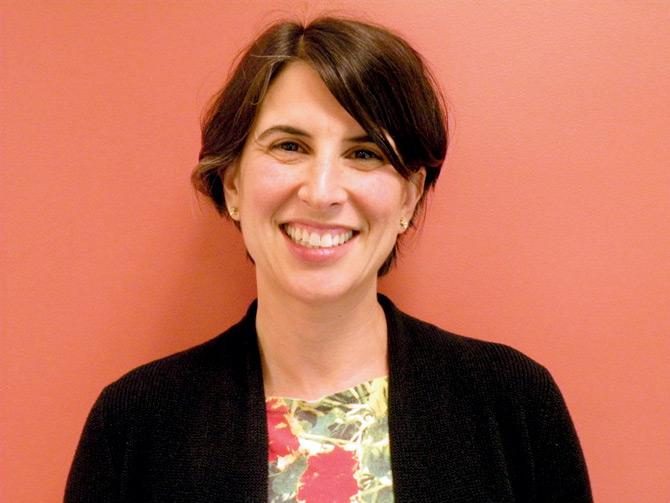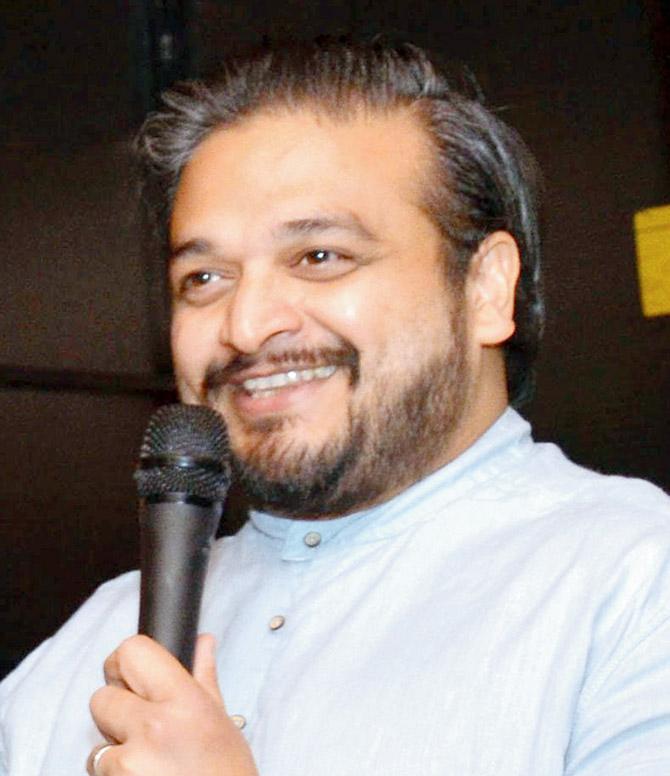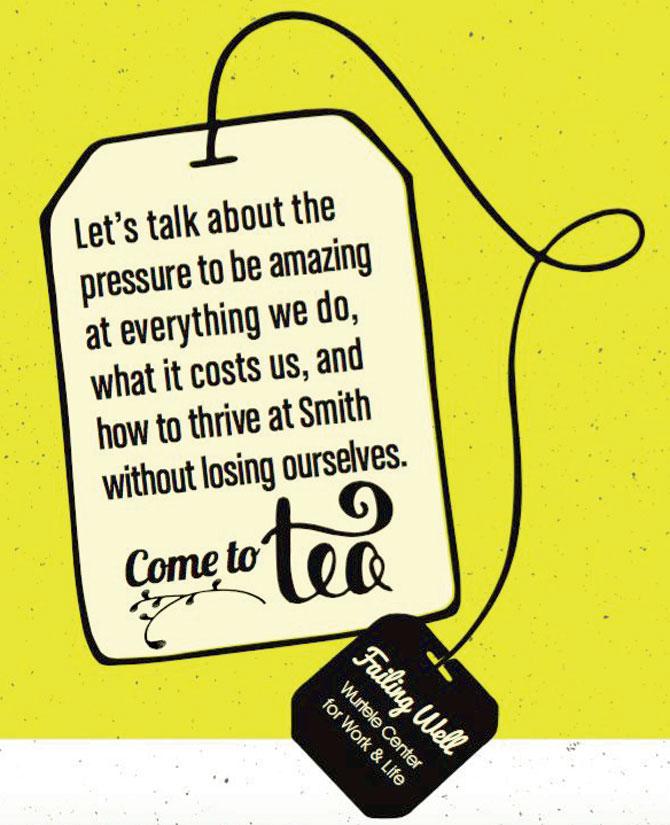Why a society once obsessed with success is now learning to embrace failure through business conferences and educational programmes

Jessica Bacal and Ashish Goenka

In a world that only celebrates success, how much room is there for failure? None, is what most of us are inclined to think. But, there appears to be a peripheral movement globally nudging people to embrace disappointments. Smith College in Northampton, USA, is handing "certificates of failure" to students who enroll into their new programme, Failing Well. It's part of Smith's Wurtele Centre for Work and Life, the college's motivation cell. While handing certificates for failure is something hitherto unheard of, in the US, certain colleges like Princeton, Harvard and Stanford, have been engaging themselves in dialogues around failure, to counter increasing bouts of depression and stress among students consumed by the competition on campus.
ADVERTISEMENT
There are forces beyond campus too, making efforts to make failure less taboo. FailCon, a one-day conference in Silicon Valley, San Francisco, was started in 2009 as a platform where entrepreneurs, investors, designers and developers could "study their own and others' failures and prepare for success". It went on to become a global property with presence in several countries, including India. There are others, too. F***Up Nights, a global movement to share business failure stories that started in Mexico in 2012, saw its first India session in Mumbai in 2015. The ongoing event continues to have a keen participation from those who can finally take to the podium, even though they have not, or at one point, did not quite make it.

Jessica Bacal
Lessons in failure
Jessica Bacal, director, Smith College Wurtele Centre for Work and Life, who was instrumental in initiating the program, observed that students arrived at college having internalised a sense that there is no room for failure. "This is why we want to engage them in conversations about mistakes and failures, and how to cope and move past them. Students who come to Smith have usually been successful throughout school. They have had to be focussed on achievement in order to be admitted," says Bacal, who developed a book titled Mistakes I Made At Work (Penguin, 2014), where successful women openly spoke about their failures. The curriculum of Failing Well is dedicated to discussing failure, risk taking and making mistakes. Over 500 students - a fifth of the student body - have signed up for the program, which was introduced in 2016. "No one is required to attend. So a decent attendance is because students tell their friends about them," says Bacal.
"The goal is to increase resilience by teaching, telling stories, and opening a campus conversation about failure. One project engaged faculty and staff in emailing us their own 'failures'. We borrowed the term 'failure resume' from a Princeton professor - and these were shown on screens in the Campus Center. Students were then invited to make their own failure resumes, in order to inject a little humour and self-compassion into the college culture," Bacal writes in an email interview.
Most of the failures that students share, she says, involves getting low grades or not getting fellowships they've applied for. "Many students who are the first in their families to attend post-secondary institutions talk about the feeling that they will be disappointing their families unless they achieve in every dimension." Parents, however, have been enthusiastic. "We have even heard from a parent who works at a medical school in the US, wanting to tutor doctors in reflecting on challenges and mistakes."

Ashish Goenka
The F-word, beyond campus
San Francisco resident Blake Merriam, executive producer of FailCon India, was drawn towards the forum after "failing hard" at an e-commerce project his father had sent him to India for in 2005. The 41-year-old, who had dabbled in web-based startups, wanted to learn more not just about what it takes to succeed, but what it takes to succeed in India. "I saw that FailCon was growing as a global movement. I asked founder Cassandra Philips for permission to do the event in India." Merriam, who lived in Mumbai for six years, chose to organise the conference in Bengaluru, in February, 2013. "To do it well as a tech conference, it had to be the Silicon Valley of India. We had 120 attendees, and I received many thank you messages." The speakers at FailCon are those admired for their success, however, their talk is about the bad times. "It also allows attendees to connect on more specific failures in their realm of work," Merriam says.

A poster from a Failng Well session
What is it about failure stories
"Success stories are unique. There'll be only one Mark Zuckerberg and one Dhirubhai Ambani. It's the failure stories that are more common, have more to learn from, and therefore more helpful and productive," says Merriam, who is currently looking out for sponsors for the next FailCon India edition. "I suspect there might be some good failure stories surrounding the GST implementation," he smiles.
Ashish Goenka, founder of Bombay Connect, India's oldest co-working space was looking for something that went "beyond gyanbaazi that told us what we needed to do to succeed". He attended a session of FailCon in San Francisco and was taken in by the idea. "I started to look for more movements like these when I came across F***Up Nights. We held our first session in Mumbai in 2015, following which we took it to Delhi, Hyderabad and Bengaluru. It caught on quite well, also because of the catchy name. I started by approaching friends - startup founders who had a story to tell - to be speakers. It could be about anything - work or home - as long as they fell, rose and made a comeback. The message was that you have to fail to succeed," says the 38-year-old. Before he knew it, Goenka was inundated with requests from people wanting to be speakers. "Normally, conference speakers are these big shots, over-achievers. This was a chance for those who were not there yet, to be heard, by non-judgmental ears."
Failing in India
Gregory Kroitsch, founder of Lower Parel's microbrewery Barking Deer, was a speaker at the 2015 edition of F***Up Nights. "We had made several mistakes in our entrepreneurial journey of Barking Deer, going in naively into many things. It was a humbling experience, one that was cathartic and healing to share," he says. Kroitsch, however, feels that India is less tolerant of failure, when compared to the West. "I've heard stories of investors not wanting to put their money if you have not tried and failed at least once. If the economy here has to grow, smaller businesses will need to be developed, people will need to take risks, and there will be a lot of failure. So, it is beneficial to have forums like these where people can learn from each other's mistakes," says Kroitsch, who also hosted two editions of F***Up Nights.
 Subscribe today by clicking the link and stay updated with the latest news!" Click here!
Subscribe today by clicking the link and stay updated with the latest news!" Click here!







